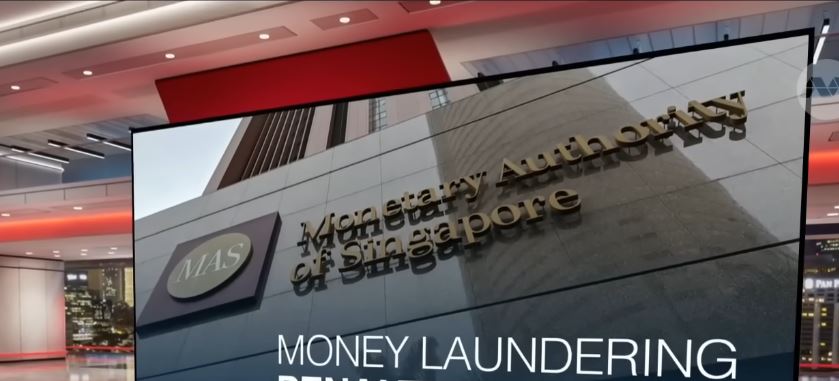
After one of the biggest money laundering scandals in Singapore’s history, the Monetary Authority of Singapore (MAS) has firmly repositioned itself as an unwavering regulator. This enforcement milestone resulted in S$27.45 million in penalties by mid-2025, impacting nine financial entities and being sparked by a S$3 billion case that was made public in August 2023. This was a wake-up call that made financial institutions reevaluate what true compliance should entail, not merely a regulatory reaction.
Serious shortcomings like inadequate customer due diligence and ineffective transaction monitoring were brought to light by MAS. The fact that certain institutions neglected to submit Suspicious Transaction Reports (STRs) after obvious warning signs had emerged was especially worrisome. Despite appearing to be procedural, these violations gave illegal actors dangerously lax conditions. The severity and timing of the sanctions highlight a strikingly successful move away from postponed corrections and toward swift enforcement.
MAS Money Laundering Case
| Key Detail | Information |
|---|---|
| Authority | Monetary Authority of Singapore (MAS) |
| Total Amount Laundered | S$3 Billion |
| Enforcement Date | July 2025 |
| Total Fines Imposed | S$27.45 Million |
| Number of Institutions Fined | 9 (including banks and payment firms) |
| Key Failures Identified | Weak CDD, inadequate monitoring, failure to report STRs |
| Supporting Platform | COSMIC (Collaborative AML Intelligence System) |
| Legislative Basis | Financial Services and Markets Act 2022, MAS AML/CFT Notices |
| Primary Risk Areas | Private banking, digital assets, corporate service providers |
| Partner Agencies | STRO, CAD, Ministry of Law, ACRA |
MAS has advanced in a particularly creative way by utilizing digital tools such as COSMIC, a shared intelligence platform created to identify financial crime through interbank cooperation. By enabling institutions to flag suspicious profiles in real time and collaboratively, this system closes gaps that were previously permitted by individual silos. It’s a very flexible regulatory strategy that blends proactive risk assessment with privacy-conscious data sharing.
Because of MAS’s commitment to modernizing compliance, Singapore’s regulatory environment has significantly improved over the last two years. The authority has set new standards rather than merely responding to infractions. These consist of more dynamic screening procedures, risk-adjusted monitoring systems, and improved due diligence for high-risk clients. Now, the focus is on continuous monitoring rather than just preliminary examinations.
MAS did not act alone in the case’s aftermath. In order to address related vulnerabilities, particularly the cleverly exploited misuse of opaque corporate structures, it collaborated closely with the Ministry of Law and ACRA. Regulators forced non-bank industries, such as luxury goods and real estate dealers, to adopt comparable AML standards by implementing new requirements through strategic partnerships. Singapore is now much less vulnerable to coordinated financial crime networks thanks to this united front.
The accuracy and quality of STR submissions have significantly increased with the integration of new digital reporting tools like SONAR. This technology is especially useful for compliance officers. By providing automated guidance and data validation, it lessens the manual burden and cuts down on delays and rejections. Furthermore, these enhancements have greatly improved regulatory coordination, transparency, and trust.
A thorough National Risk Assessment was also released by MAS in recent months, identifying the main threats as being fraud, corruption, and intricate money laundering through shell companies. It specifically identified cryptocurrency platforms and the private banking industry as extremely vulnerable because of their susceptibility to advanced money laundering schemes. In order to close these gaps, MAS has taken proactive measures by issuing customized guidance and carrying out more focused inspections.
While this increased scrutiny presents a challenge for fintech startups and even traditional banks, it also presents a highly effective opportunity. Nowadays, compliance is more than just checking boxes. Rather, it’s quickly emerging as a key component of business resilience. Internal audits, improved onboarding procedures, and predictive monitoring through advanced analytics are now expected of institutions.
It is anticipated that MAS will intensify its audits and stress tests of AML systems in the upcoming years. The regulator is sending a message that institutions’ reputations are no longer sufficient to protect them from scrutiny through the strategic use of fines and public disclosures. The new standards for financial credibility are now defined by risk culture, training, and transparency.
